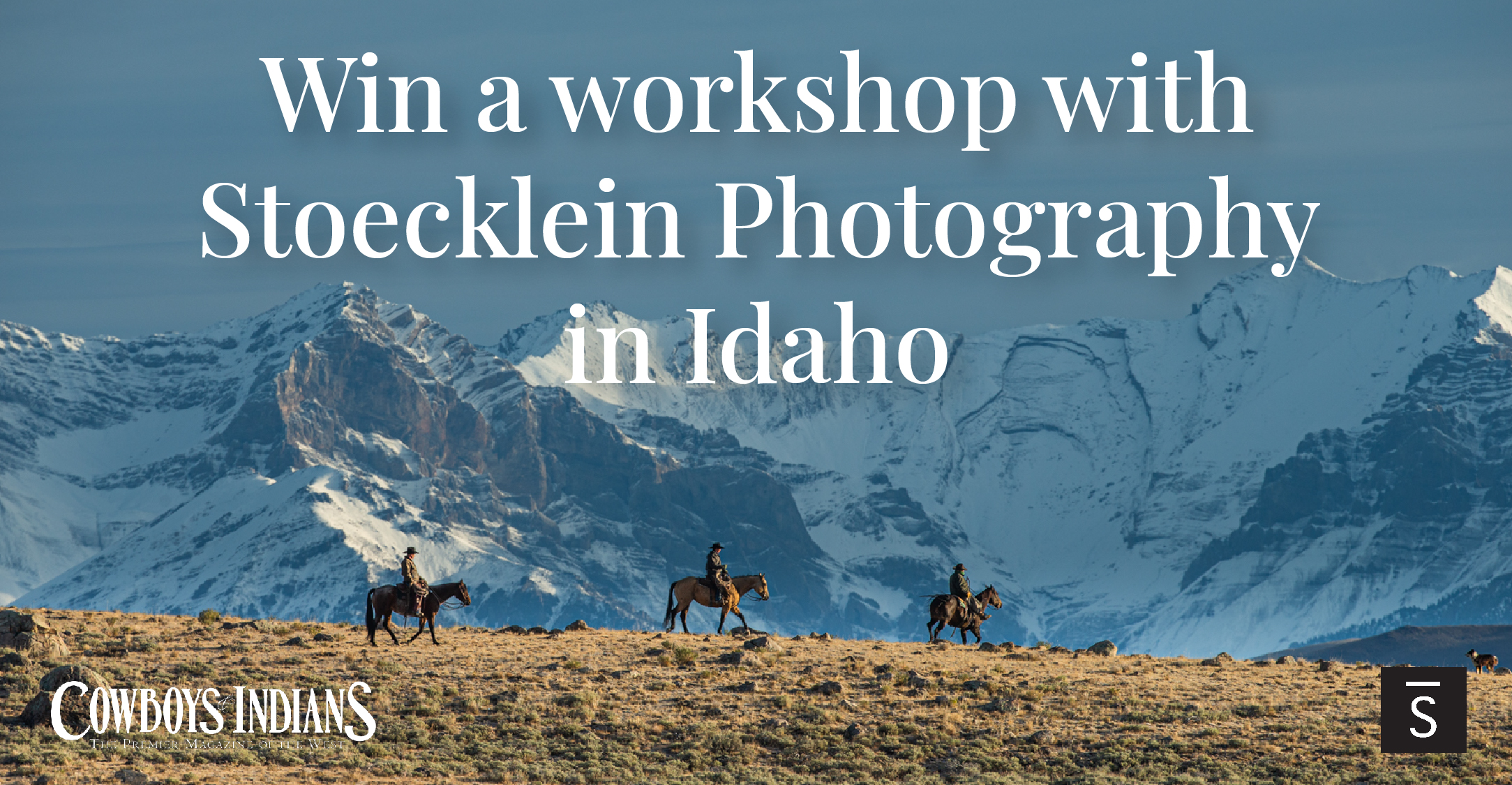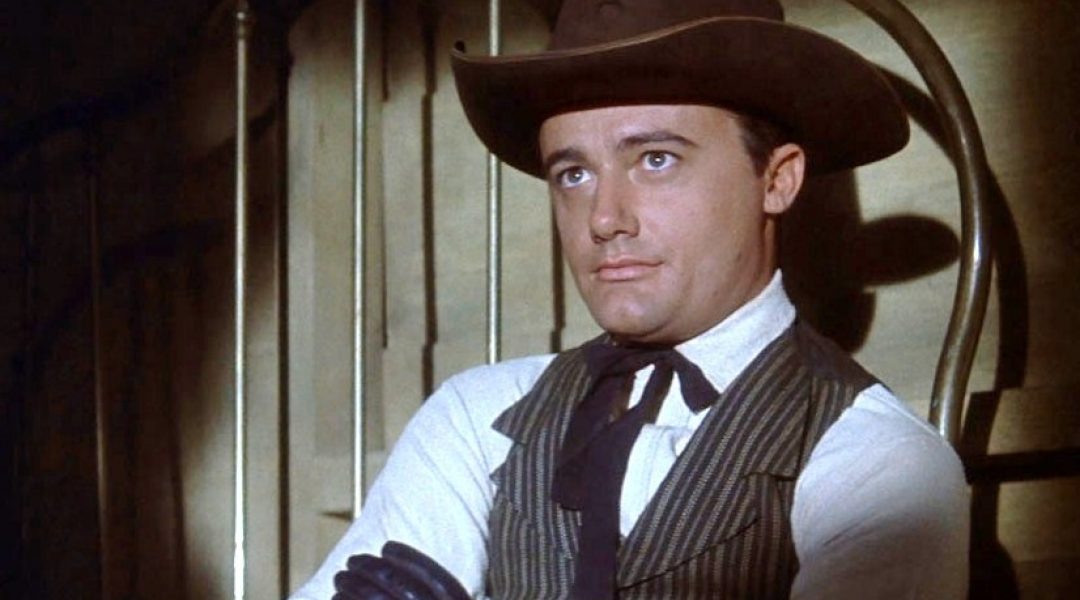Seven anecdotes from the late actor’s entertaining autobiography.
To celebrate what might have been Robert Vaughn's 90th birthday — he was born Nov. 22, 1932 in New York City — we've been reading selections from A Fortunate Life, his sharply observed, self-deprecatingly witty, and wonderfully entertaining 2008 autobiography. We were especially intrigued by those parts of the book that focus on The Magnificent Seven, the classic 1960 western — based on Akira Kurosawa’s Seven Samurai (1954) — in which the actor appeared as a self-doubting gunslinger alongside co-stars Yul Brynner, Steve McQueen, James Coburn, Charles Bronson, Horst Buchholz — and Brad Dexter.
Yes, Brad Dexter. Not — repeat, not — Eli Wallach.
As Vaughn notes in his book, Dexter “is the ‘Bashful’ of The Magnificent Seven — the actor in the group who most people fail to name, just as most people forget Bashful when naming the Seven Dwarfs. Many movie buffs will mention Eli Wallach as one of the Seven, which is wrong. He was great in the picture as Calvera, the leader of the bandit gang that is terrorizing the Mexican villagers we come to rescue.”
(A melancholy note: Vaughn was the last of that formidable group to ride off into the sunset. He passed away on Nov. 11, 2016.)
Six other choice nuggets to savor in A Fortunate Life:
THIS GROUP OF SEVEN WAS A HAPPY ACCIDENT. As we mentioned in our 2016 article about the making of The Magnificent Seven: Long before taking the reins of that movie, filmmaker John Sturges earned his spurs as a director of such Grade-A westerns as Gunfight at the O.K. Corral, Last Train from Gun Hill and The Law and Jake Wade. But during the pre-production process for Mag 7, he had to race against the clock: The Screen Actors Guild had called a strike to start in Spring 1960. Vaughn writes that when he showed up at Sturges’ office for his audition, on a morning in January, “an ax was hanging over every movie project in Hollywood. Unless the casting for a picture was completed by noon on a particular Friday, production couldn’t begin.” The good news: Sturges had already more or less decided to cast Vaughn on the basis of the actor's Oscar-nominated supporting performance in The Young Philadelphians. The bad news: At that point, Sturges had commitments from only two other actors, Brynner and McQueen. And the clock was ticking.
Sturges told Vaughn: “We don’t have a script, just Kurosawa’s picture to work from. You’ll have to go on faith. But we’ll be filming in Cuernavaca. Never been there? You’ll love it — it’s the Palm Springs of Mexico.” Vaughn told Sturges: “I'm in.” Sturges told Vaughn: “Good decision, young man. And do you know any other good young actors? I’ve got four other slots to fill.” As it turned out, Vaughn did indeed know at least one likely candidate: James Coburn, a friend and former classmate who had attracted attention one year earlier in a supporting role opposite Randolph Scott and future Bonanza star Pernell Roberts in Budd Boetticher’s Ride Lonesome. The other three? Sturges managed to round them up on his own.
WHEN YOU’VE GOT TO GO, YOU’VE GOT TO GO. Vaughn discovered fairly quickly after filming began that there was a downside to filming on location in Mexico. He might have passed on the film, he writes, “[i]f I'd known that I would be spending my three months in Cuernavaca with a stomach-churning case of the Aztec two-step.”
THEY MADE IT UP AS THEY WENT ALONG. “There were long periods,” Vaughn recalls, “when we didn't work because the script was still being written. We’d be told one evening, ‘Tomorrow we'll be doing scene so-and-so.’ And that night carbon copies of the script on onion-skin paper would be slid under our doors to learn for the next day.”
PISTOL ENVY. Throughout the production, Vaughn writes, Steve McQueen “always was intensely competitive, even to the point of being paranoid.” He was convinced that Yul Brynner was pulling every nasty trick in the book to steal scenes, and often complained to Vaughn about what he felt were Brynner’s underhanded attempts to upstage him. At one point, he actually went ballistic — figuratively speaking, of course — about Brynner’s choice of weaponry. The gun “has a [expletive deleted] pearl handle for God’s sake,” McQueen ranted. “He shouldn't have a gun like that. It’s too bleeping fancy. Nobody’s gonna look at anything else with that goddamn gun in the picture.” Notes Vaughn: “Of course, Steve meant that nobody would be looking at Steve McQueen.”
EASY COME, EASY GO: After James Coburn got his first big paycheck for Mag 7, he purchased a brand-new sports car in L.A., then drove it down to Cuernavaca with his wife and one of her girlfriends. To celebrate, they and Vaughn went out to dinner. “At the door of the restaurant,” Vaughn wrote, “a red-vested valet, all bows and smiles, took Jimmy’s car away… [A]ll seemed well when we came back out after an evening of merrymaking. Jimmy handed over five hundred pesos, and the valet scurried off into the midnight darkness to fetch the car. In a few moments, we saw headlights rushing toward us. ‘Isn’t he going awfully fast?’ I exclaimed. As we scrambled for safety, the car roared past us and smashed into the wall of the restaurant, not twenty feet away. The women screamed, the car’s front end imploded in a tangle of crushed and broken metal and glass, and the valet fell headfirst out of the driver’s-side door. Apparently he’d been doing some merrymaking of his own.”
Was Coburn upset? Not really. “Jimmy just looked at his watch, clapped me on the shoulder, and said, ‘I tell you what, Roberto — we’re never gonna get a taxi at this time of night.’ Jimmy always was the quintessence of cool.
YOU NEVER CAN TELL. After filming wrapped in Cuernavaca, “I was convinced that The Magnificent Seven would be a failure. Instead, of course, it became a box-office hit, a star-making vehicle for several in the cast, including Steve McQueen, James Coburn, and Charles Bronson, and a classic western drama still enjoyed today almost half a century after it was made. It’s the second-most frequently played movie on American TV (trailing only Casablanca).
“So what the hell do I know?”













